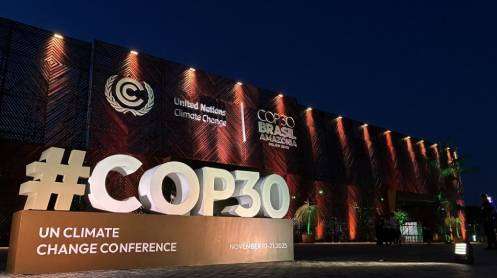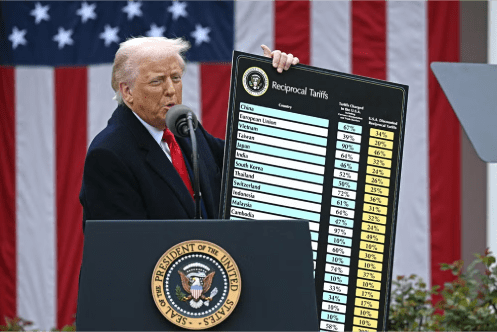BELEM, BRAZIL: The COP30 climate summit began on Monday with a strong appeal for unity from UN Climate Chief Simon Stiell, who urged nations to cooperate in addressing the escalating climate crisis rather than clash over political and economic priorities.
Hosted in the Amazonian city of Belem, Brazil managed to broker an agreement on the summit’s agenda, defusing attempts by some developing-country blocs to insert divisive issues such as climate finance and carbon taxation into the negotiations.
Amid a tense global backdrop marked by geopolitical rifts and resistance from major powers to phase out fossil fuels, it remains uncertain whether COP30 delegates will produce a comprehensive agreement by the summit’s close. Some countries, including Brazil, have suggested focusing on achievable goals—such as curbing deforestation—rather than broad, unattainable pledges.
“In this arena of COP30, your job here is not to fight one another – your job here is to fight this climate crisis, together,” Stiell told delegates representing more than 190 countries.
A new UN assessment of national emission reduction plans projects a 12% drop in global greenhouse gas emissions by 2035 from 2019 levels—an improvement from last month’s estimate of 10%, but still far short of the 60% cut needed to keep global warming within 1.5°C of pre-industrial levels.
Brazilian President Luiz Inácio Lula da Silva warned against efforts to undermine climate science and global cooperation. “They attack institutions, science, and universities,” Lula said. “It’s time to impose another defeat on the denialists.”
Notably, the United States—the world’s largest historical emitter—chose to skip the summit, with President Donald Trump continuing to deny the existence of climate change.
By Reuters







